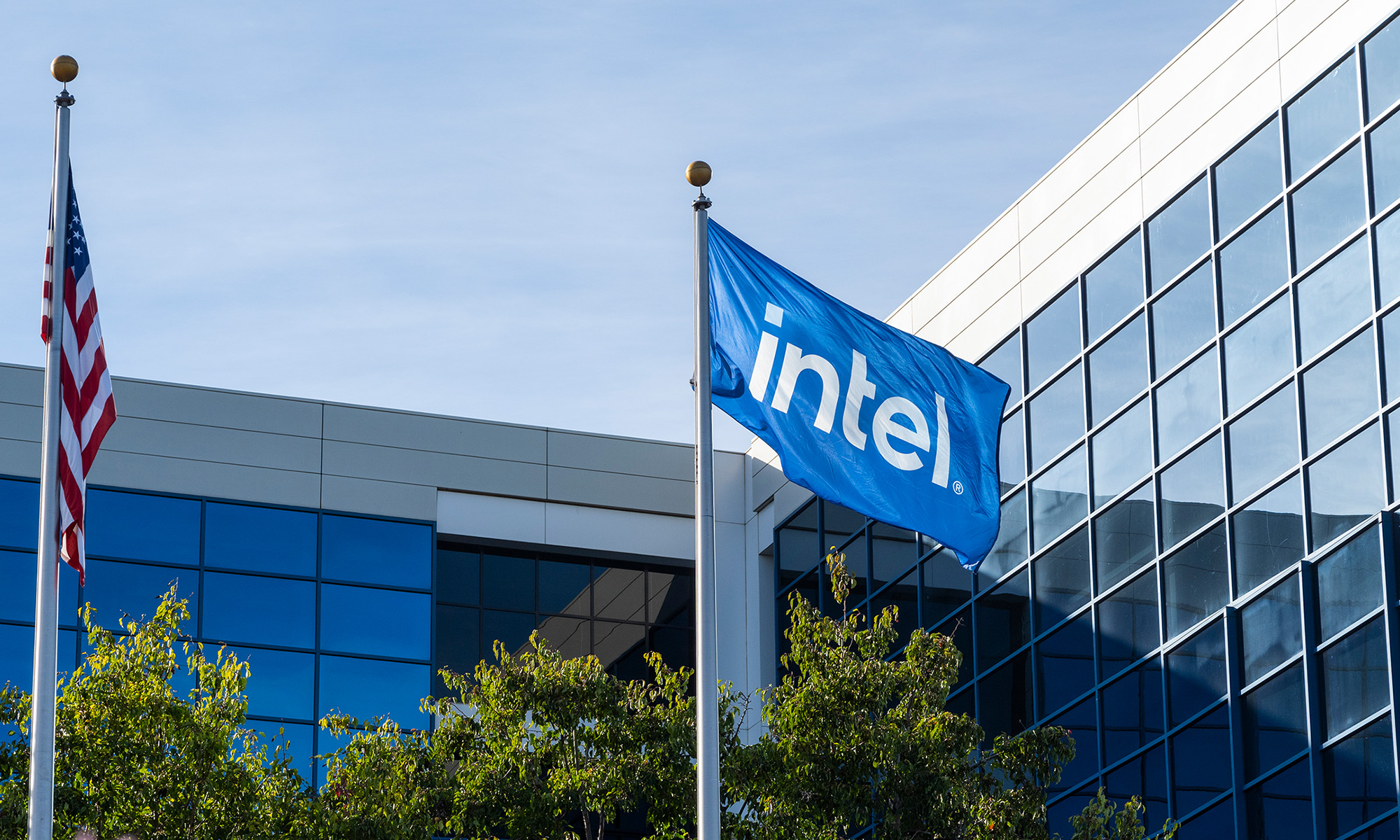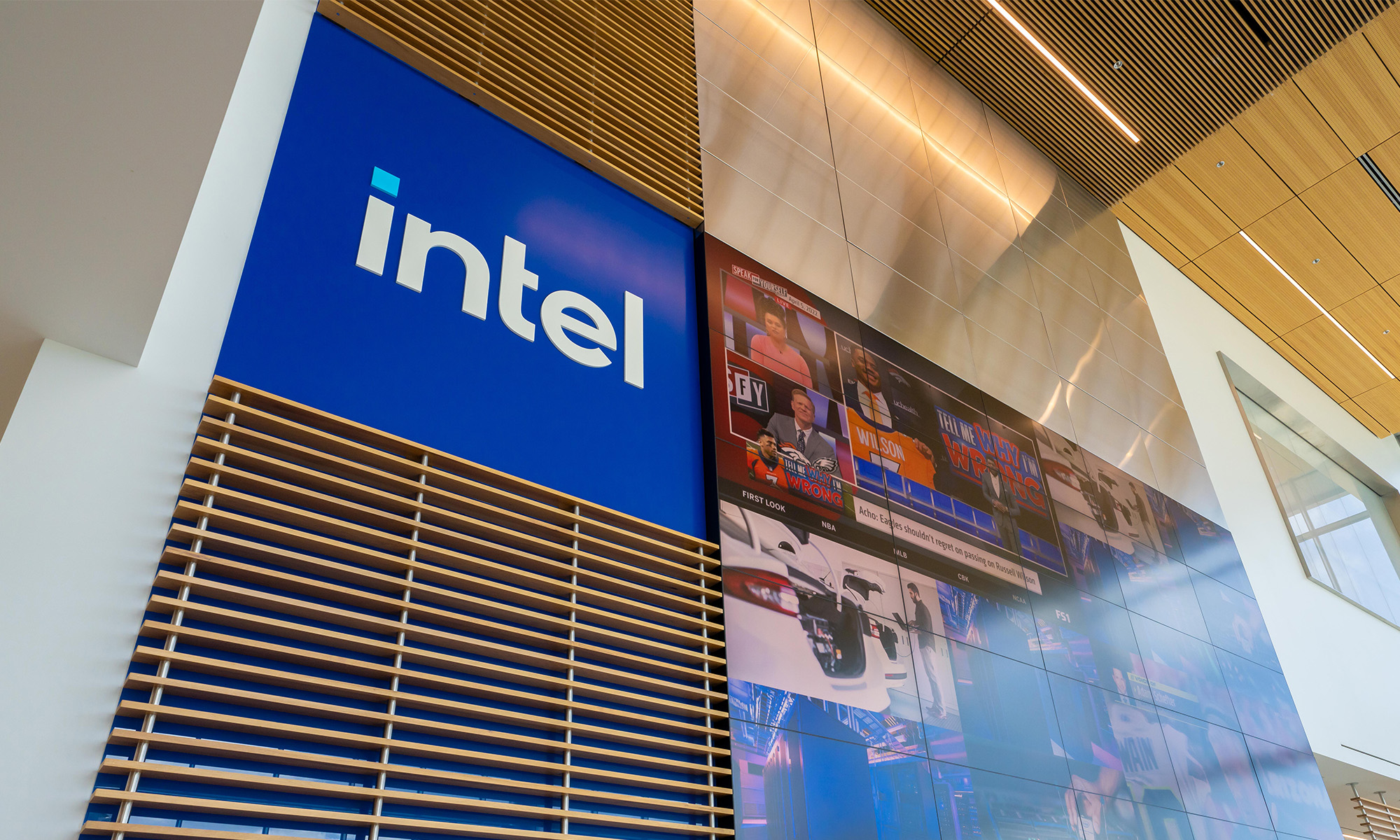For the longest time, the idea of Intel (INTC 2.34%) conceding "defeat" by building a competitor's applications processor seemed unpalatable. How could a company that prides itself on having the world's most powerful and more power-efficient processor cores simply give in and build a chip that seemingly competes with its own products?
Does Apple really compete with Intel?
A point that many have made is that Apple isn't really a competitor to Intel. Sure, Apple's iPhone/iPad lines do compete with Android/Windows products that ship with Intel silicon inside, but it is unlikely that users will forgo the Android device for an Apple one because Intel is now building the silicon.
Further, it's not as though Intel's mobile business has been particularly successful to date. While the company's very aggressive target of above 40 million tablet chip units shipped in 2014 will help on that front, do keep in mind that Apple's iPhone and iPad businesses represent nearly 250 million potential -- albeit lower-margin -- chips to be built for sockets that Intel couldn't have gotten otherwise.
The move would be strategic
If Intel were able to command $15 per chip sold to Apple, then this opportunity could be worth nearly $4 billion per year. It’d hardly be a financial game changer for Intel, but its shareholders would probably welcome the additional revenue.
There would also a strategic element to such an arrangement: it is widely believed that much, if not most, of Samsung’s (NASDAQOTH: SSNLF) logic wafer volumes comes from sales of chips to Apple. If Intel were to win Apple’s business, it could deal a crushing blow to Samsung’s foundry business.”
This would get Samsung out of the way...
Now, there is the argument that larger chip vendors like Qualcomm, which owns 54% of the smartphone market, will go ahead and move meaningful orders to Samsung's foundries. NVIDIA, Broadcom, and others too have all been rumored to be ready to use Samsung as a second source.
The obvious strategic problems here couldn't be clearer. Samsung's own internal chip teams are working on the following:
- Smartphone/tablet SoCs
- Cellular modems
- Micro-server chips
- Internally designed CPU and GPU IP
- Connectivity
Essentially, this means that the vast majority of high-volume chip designers in need of a semiconductor fabrication plant will likely be in one way or another a competitor to Samsung's in-house design teams. While some may worry about Samsung not protecting customers' IP (Samsung certainly does protect it), the key here is that by giving Samsung foundry business, these smaller companies are enabling Samsung's semiconductor R&D, which, over the long haul, will return to haunt them.
Can Samsung really replace Apple when it would compete with just about every one of its potential customers?
With Samsung out, Intel can focus on TSMC
While Intel certainly has a technology lead over TSMC, the world's largest independent semiconductor foundry, it is important not to estimate how TSMC's extremely robust revenue growth thanks to the mobile boom has enabled TSMC to invest more heavily in leading edge technology. If Intel doesn't curtail this growth, TSMC only becomes stronger and, as a result, Intel's process lead could eventually diminish.
Taking the Apple business off the market for TSMC would be an excellent start, although TSMC's big mobile customer today -- Qualcomm --continues to grow its chip business quite aggressively in the absence of any meaningful competition at the high end. Intel needs to take real share in the mobile markets to slow Qualcomm's, and thus TSMC's, growth and ability to invest in the high-performance chip market.
Foolish bottom line
It is unlikely that Apple will use Intel's manufacturing technology at 14 nanometers -- if it were going to, then it would have probably leaked quite a while ago. However, the 10-nanometer question is still up for grabs, and if Intel can deliver the process in high volumes by 2015 as promised, then the iPhone 6s could very well come packed with Intel-built silicon if Intel and Apple can come to a mutually suitable arrangement.







